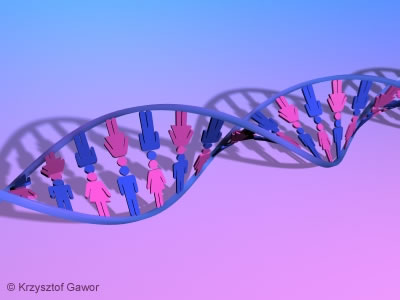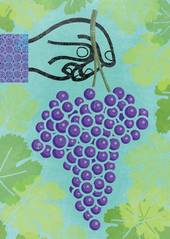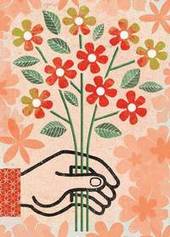Published: December 16, 2009
 Researchers at the Queensland Institute of Medical Research (QIMR), in collaboration with scientists from the University of Edinburgh, have found a new gene that is linked to schizophrenia and bipolar disorder.
Researchers at the Queensland Institute of Medical Research (QIMR), in collaboration with scientists from the University of Edinburgh, have found a new gene that is linked to schizophrenia and bipolar disorder.
The gene, called ABCA13, is active in the hippocampus and cortex regions of the brain and had not previously been associated with mental illness. [continue reading…]
Published: November 23, 2009
Imagine this situation. You fall into a deep malaise. Friends say you need help, but you don’t have insurance (or the insurance you do have has very limited mental health benefits), and you worry that extra bills will only add to your malaise. So you do nothing.
And that’s what many people do. According to a recent survey by the federal Substance Abuse and Mental Health Services Administration (Samhsa, pronounced SAM-suh) , the leading reason that people with mental health issues don’t seek treatment is cost. They fear the fees. …continue reading
Source: New York Times
Published: November 19, 2009
Let us start with a little quiz. How many of these conditions have you heard of?
Taijin kyofusho, hikikomori, hwa-byung, or qi-gong psychotic reaction.
If your score was 0 out of 4, do not feel bad: your culture may be to blame. The first two conditions are mental illnesses largely endemic to Japan; the second two are endemic to China. Psychological disorders, or at least our labels for them, differ across cultures. But are these and other non-Western conditions truly distinct from those in the U.S. and Europe? Or does every mental malady, no matter how foreign-sounding in name, vary only in minor ways from a problem that is more familiar to us, such as depression or schizophrenia? link to read this article in Scientific American
Source: Scientific American
Published: November 15, 2009
The Royal College of Psychiatrists is selling a brand new range of ‘Get well soon’ cards designed specifically for people who are unwell with mental ill health. These cards have been designed in collaboration with service users, carers, psychiatrists and other mental health professionals.
The cards come in two striking and colourful designs. Inside the greeting reads:
“Thinking of you at this time. Hope things improve soon.”


Research shows that people who are unwell with mental problems receive far fewer cards or messages of support than people with physical health problems, but a College survey shows that 8 out 10 service users say that receiving a ‘Get well’ card would improve their recovery.
Source: The Royal College of Psychiatrists Hat tip @PyroclasticFlo 🙂
 Researchers at the Queensland Institute of Medical Research (QIMR), in collaboration with scientists from the University of Edinburgh, have found a new gene that is linked to schizophrenia and bipolar disorder.
Researchers at the Queensland Institute of Medical Research (QIMR), in collaboration with scientists from the University of Edinburgh, have found a new gene that is linked to schizophrenia and bipolar disorder.




